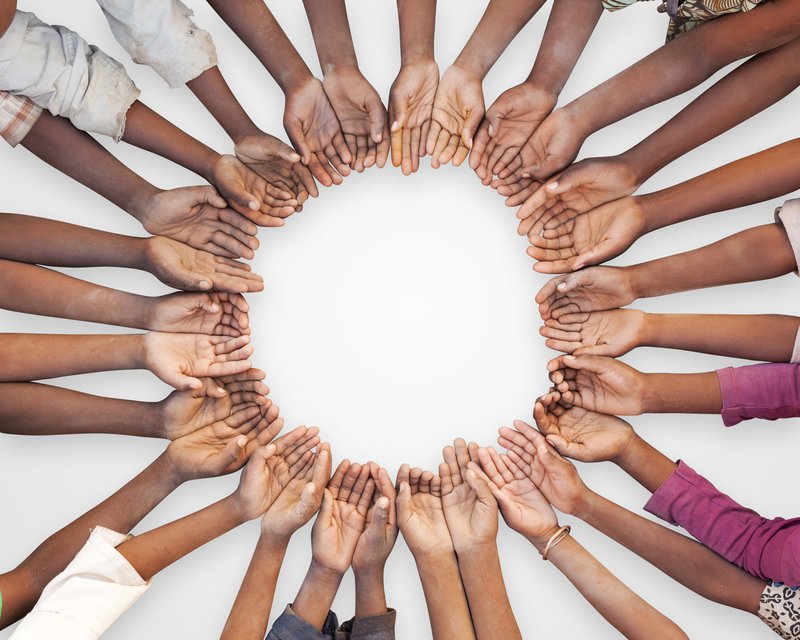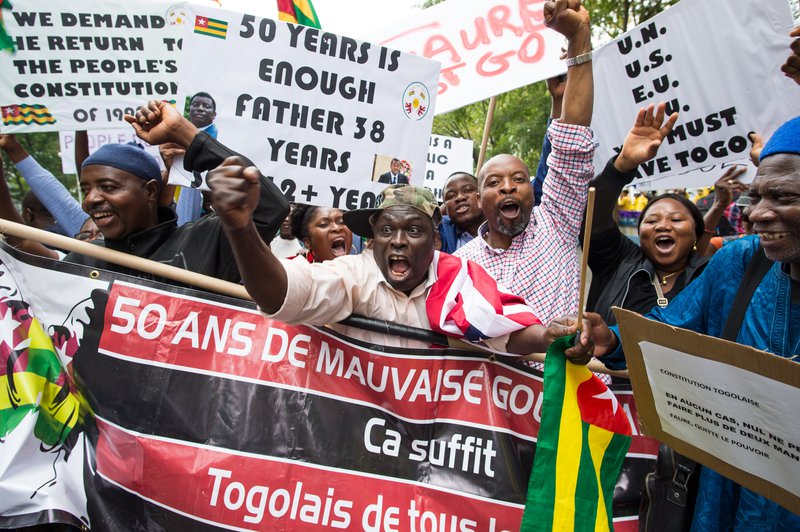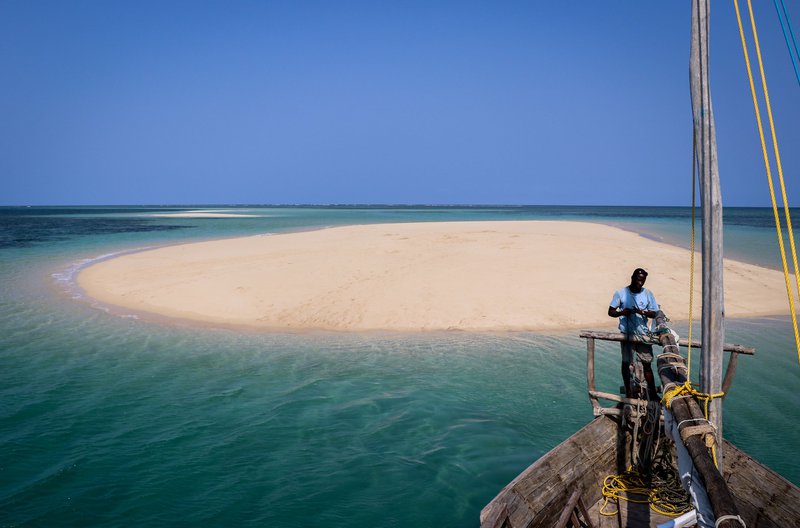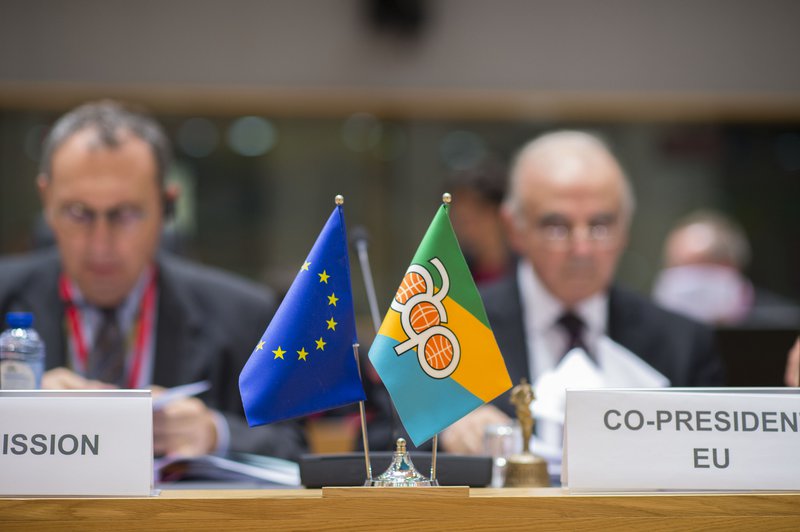As is customary, we end off the year with a look at the content our readers enjoyed most. From photo essays to policy briefs, here are 10 popular pieces of 2018.
African philanthropy at the policy table

Philanthropy, or the act of giving, finds itself on an exciting cusp in contemporary Africa. While the term may still conjure up perceptions of vertical charitable giving (the rich in the north giving to the poor in the south), many consider giving an intrinsic part of African life and customs. The last two decades have seen a rise in more formal forms of giving aimed at addressing specific issues and creating impact at a more structural level. Formal structures of philanthropy include foundations and trusts set up by high-net-worth individuals (HNWIs) in Africa, as well as charitable organisations that, while established with external resources, are led by Africans and with distinct objectives relating to African development. Read more.
Is there an end in sight to Togo’s political crisis?

In August 2017, hundreds of thousands of protesters around the country sought the reinstatement of presidential term limits that would prevent longstanding President Faure Gnassingbé from seeking another term in office. The protests continue this year, but have fizzled out due to government’s brutal crackdown on civilians. Elections and a constitutional referendum are set to take place this December, but government and the opposition remain deadlocked on critical issues. Read more.
The Invisibles: Women on death row in Africa

Limited attention is paid to women on death row in Africa, particularly as they make up a tiny percentage of the overall prison population. An estimated 500 women are on death row worldwide. Female inmates represent approximately 15% of the death row in Malawi (four women), 5.1% in Sierra Leone (two women), 4% in Uganda (11 women), 2.2% in Nigeria (32 women), 3.1% in Ghana (five women), 1.8% in Mauritania (one woman) and 1% in Zambia (two women). As they are small in number, women on death row are a neglected and overlooked population and little attention has been paid to the experiences which led to their incarceration or the challenges they face whilst incarcerated. Read more.
Strengthening tobacco control in West Africa: How CRES is leading the charge

According to the World Health Organisation (WHO), tobacco kills more than 7 million people each year, 80% of them in low- and middle-income countries. The huge health, social and economic impacts associated with it have prompted calls for stricter regulation, especially in Africa where warning bells over a tobacco epidemic have been sounding for years.
In Senegal, Consortium pour la Recherche Économique et Sociale (CRES) has been spearheading research on tobacco control for more than a decade. Ahead of World No Tobacco Day, the Africa Portal spoke to the think tank’s director, Dr Abdoulaye Diagne, about CRES’s ongoing efforts to strengthen tobacco control in the region. Read more.
How to improve livelihood opportunities and biodiversity conservation in Mozambique’s Quirimbas National Park: A photo essay

The Quirimbas National Park (QNP) in Mozambique has some of the greatest coastal and marine biodiversity in the region and is one of the country’s largest and most important protected areas. In and around designated conservation areas such as the QNP, livelihood-focused interventions that simultaneously aim to reduce the prevalence of environmentally damaging activities and manage and enforce biodiversity protection, while providing the local communities with equivalent income opportunities, are essential. Read more.
Part I: Understanding the Cotonou Partnership Agreement

Signed in June 2000, the CPA is a treaty between the European Union (EU) and 79 African, Caribbean and Pacific (ACP) countries. Its main objectives are poverty reduction, sustainable development and economic integration of ACP countries into the global economy through development cooperation, political cooperation and economic and trade cooperation. The current CPA will expire in February 2020, and negotiations on a successor agreement are set to commence in September 2018, with the objective of adapting the partnership to frameworks like the Sustainable Development Goals and the Paris Accord. The negotiations will take place against the backdrop of changing geopolitics and shifting global alliances, which cast a shadow over the integrity of the ACP group. Read more.
Women in Elective Offices in Nigeria
Nigeria has a huge gender gap in political representation: The latest research by the Centre for Democracy and Development shows that women hold 86 out of 1534 available elective positions while men hold 1449. This publication revisits discourse on women’s representation in elective offices in Nigeria by providing reliable data on the trends, as the country prepares for the 2019 general elections. Download PDF.
East African Regional Analysis of Youth Demographics
This report from the African Institute for Development Policy (Afidep) summarises the findings of research on the socioeconomic implications of youth demographics in four East African Community (EAC) countries namely: Kenya, Rwanda, Tanzania, and Uganda. Download PDF.
Public Attitudes toward Zimbabwe’s 2018 Elections: Downbeat yet Hopeful?
Zimbabweans went to the polls in presidential, parliamentary, and local government elections in July 2018. These elections were the first test of the popular will since the dramatic military intervention of November 2017 that forced an end to the 37-year reign of Robert Mugabe. To assess the prevailing public mood, including voting intentions, a pre-election survey from Afrobarometer was commissioned. The survey interviewed a nationally representative sample of 2 400 Zimbabweans between 28 April and 12 May 2018. Download PDF.
Foresight Africa: Top Priorities for the Continent in 2018
With this edition of Foresight Africa, the Brookings Institution aims to capture the top priorities for the region in 2018, offering recommendations for African and international stakeholders to create and support a strong, sustainable, and prosperous continent. In so doing, it hopes to promote and inform a dialogue on economic development that will generate sound strategies for sustaining economic growth and broadening its benefits in the years ahead. Download PDF.


